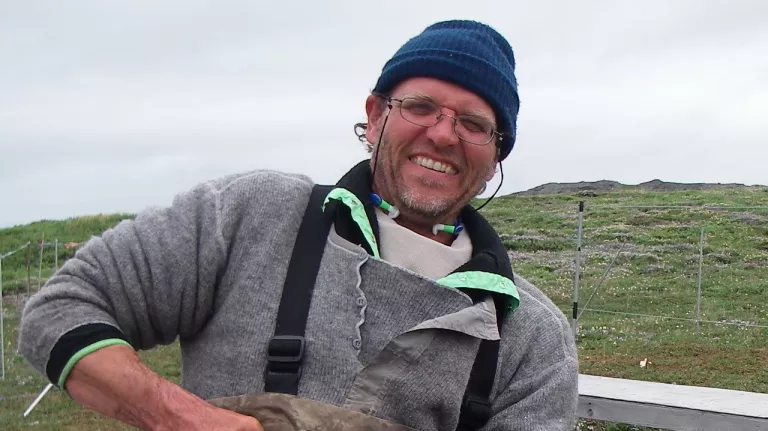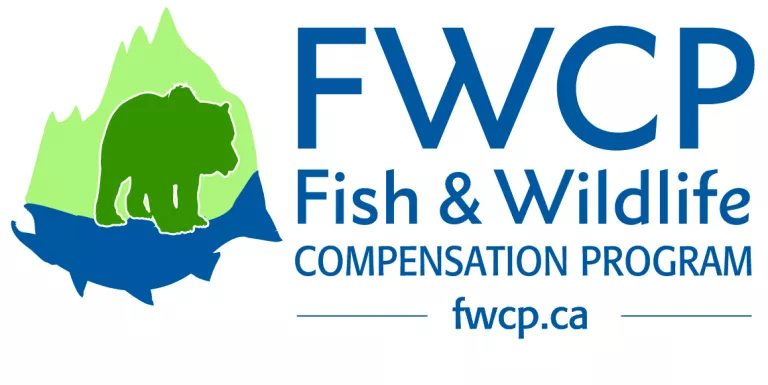NRESi/FWCP Special colloquium; Arctic Grayling distribution in Williston Reservoir: an assessment using environmental DNA. Mike Stamford, Stamford Environmental

Sampling with environmental DNA (eDNA) for this FWCP funded study has successfully expanded the known range of summer habitat use for Arctic Grayling in Williston Reservoir. Arctic Grayling eDNA was detected in five streams draining the eastern slopes of Finlay Reach where the species was previously thought extirpated due to habitat loss as a result of flooding. The distribution Arctic Grayling eDNA might suggest populations with life history traits able to adapt to the flooded conditions might be expanding their range in Finlay Reach. Failure to detect Arctic Grayling eDNA at 60 sites distributed among 26 other small streams suggest most small streams draining into Parsnip Reach, Peace Reach, and Dinosaur Reservoir can no longer support the species. However, Arctic Grayling eDNA was detected in four small tributaries of Parsnip and Peace reaches and supports the hypothesis that Arctic Grayling continue to migrate through the reservoir to complete their life history. Potentially populations with life history traits that facilitate survival in the flooded areas might facilitate recovery of populations in Williston Reservoir. The Arctic Grayling eDNA assay was evaluated by pairing eDNA samples with snorkel survey observations. The eDNA assay detected Arctic Grayling eDNA in 100% of sites where adults were observed within 1.5km upstream and failed to detect eDNA when adults were observed 2km or further upstream. The detection rate decreased at the upstream margins of habitat areas where adult densities were low in snorkel observations. An overall false negative rate of ~30% among these low-density sites suggests a minimum of three liters of water filtered from sites is required to avoid collecting false negative results from sample sites.
The Natural Resources & Environmental Studies Institute (NRESi) at UNBC hosts a weekly lecture series at the Prince George campus. Anyone from the university or wider community with interest in the topic area is welcome to attend. Presentations are also made available to remote participants through Zoom Webinar. Go to http://www.unbc.ca/nres-institute/colloquium-webcasts to view the presentation remotely.
Pre-registration (free) is required to attend this presentation; https://unbc.zoom.us/webinar/register/WN_1KufyiIBSFiDhslJfkg_jg
Past NRESi colloquium presentations and special lectures can be viewed on our video archive, available here.

This event is funded by the Fish & Wildlife Compensation Program (FWCP). The FWCP is a partnership between BC Hydro, Fisheries & Oceans Canada, First Nations, Public Stakeholders and the Province of BC, to conserve and enhance fish and wildlife in watersheds impacted by existing BC Hydro dams.
Contact Information
Al Wiensczyk, RPF
Research Manager,
Natural Resources and Environmental Studies Institute
Phone: 250-614-4354
Phone: 250-960-5018
Email: al.wiensczyk@unbc.ca